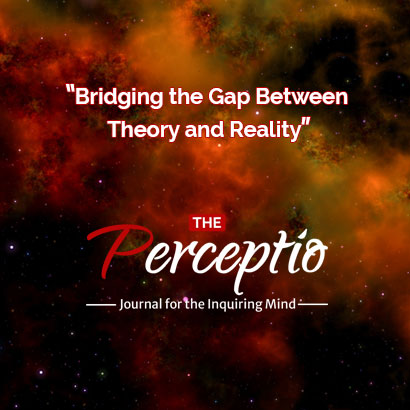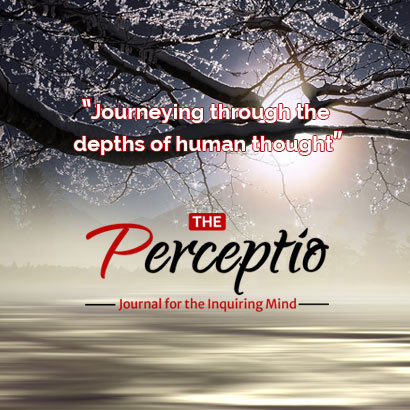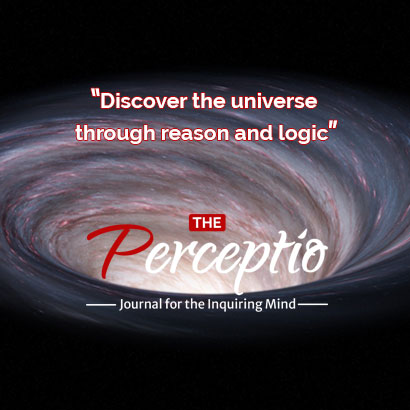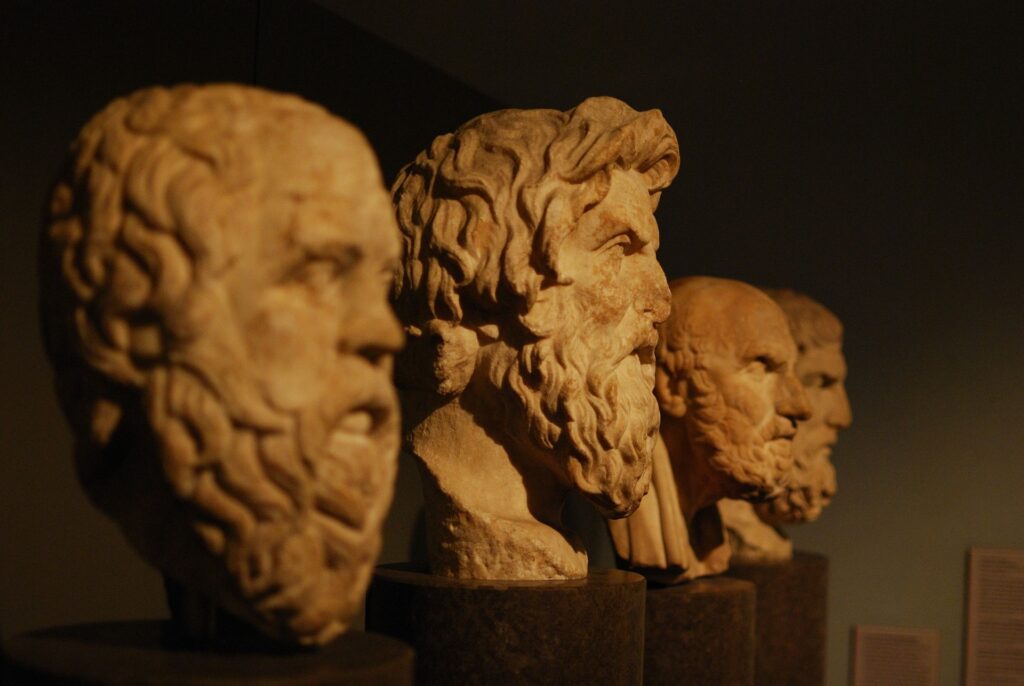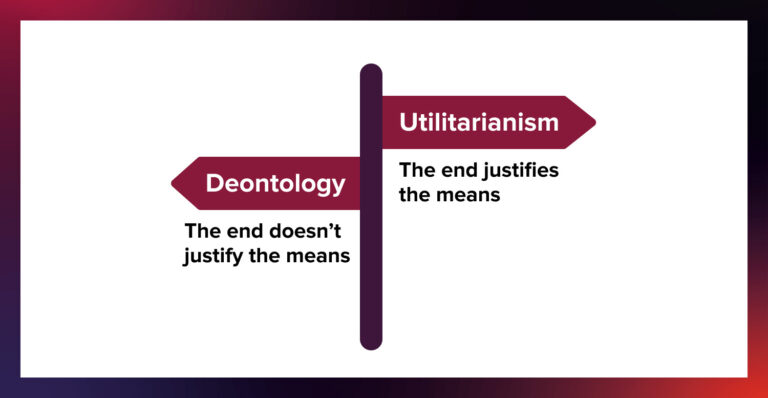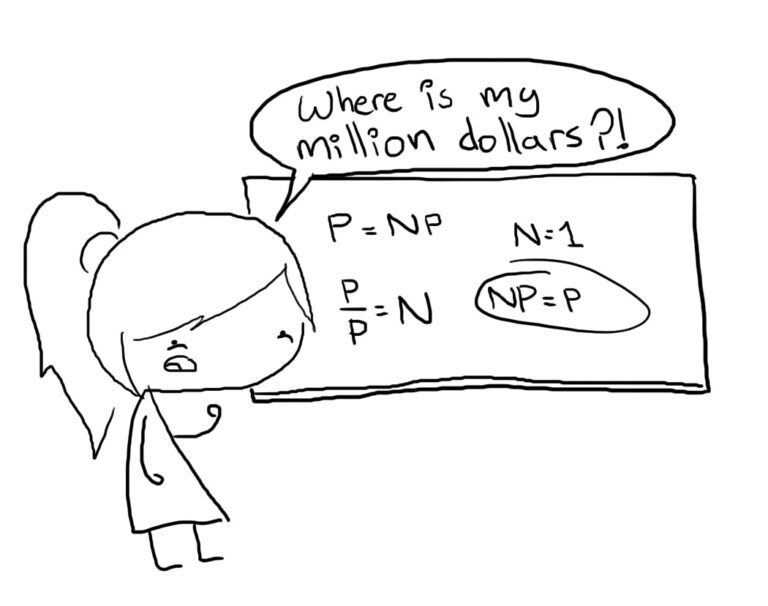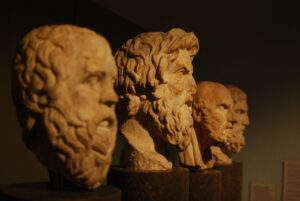Introduction to The History of Philosophy
In the bustling coffee shops of today’s world, where people are engrossed in their laptops, sipping on their lattes, and discussing everything from politics to the latest Netflix series, it’s easy to forget the roots of these intellectually charged conversations. Philosophy, the mother of all disciplines, has been the silent orchestrator of these debates since time immemorial. Often dismissed as a relic of the past, philosophy is, in reality, the timeless guide that has shaped human thought and civilization.
From the ancient streets of Athens to the smoke-filled cafes of 20th-century Paris, the journey of philosophy has been nothing short of a gripping saga. So, let’s embark on a fascinating odyssey through time, from Socrates to Sartre, and explore the evolution of human understanding, one philosophical epoch at a time.
Chapter 1: The Dawn of Inquiry – Socrates and Plato
Our story begins in the lively Agora of Athens, where a man named Socrates roamed, questioning everything from the meaning of justice to the essence of the human soul. His method, famously known as the Socratic method, involved asking a series of questions, leading his interlocutors towards self-realization. Socrates’ most prominent disciple, Plato, took the torch and delved deeper into the realms of reality and knowledge. Through his allegorical cave, he challenged our perception of reality, urging us to seek the truth beyond the shadows of ignorance. Their philosophies laid the foundation for centuries of intellectual exploration.
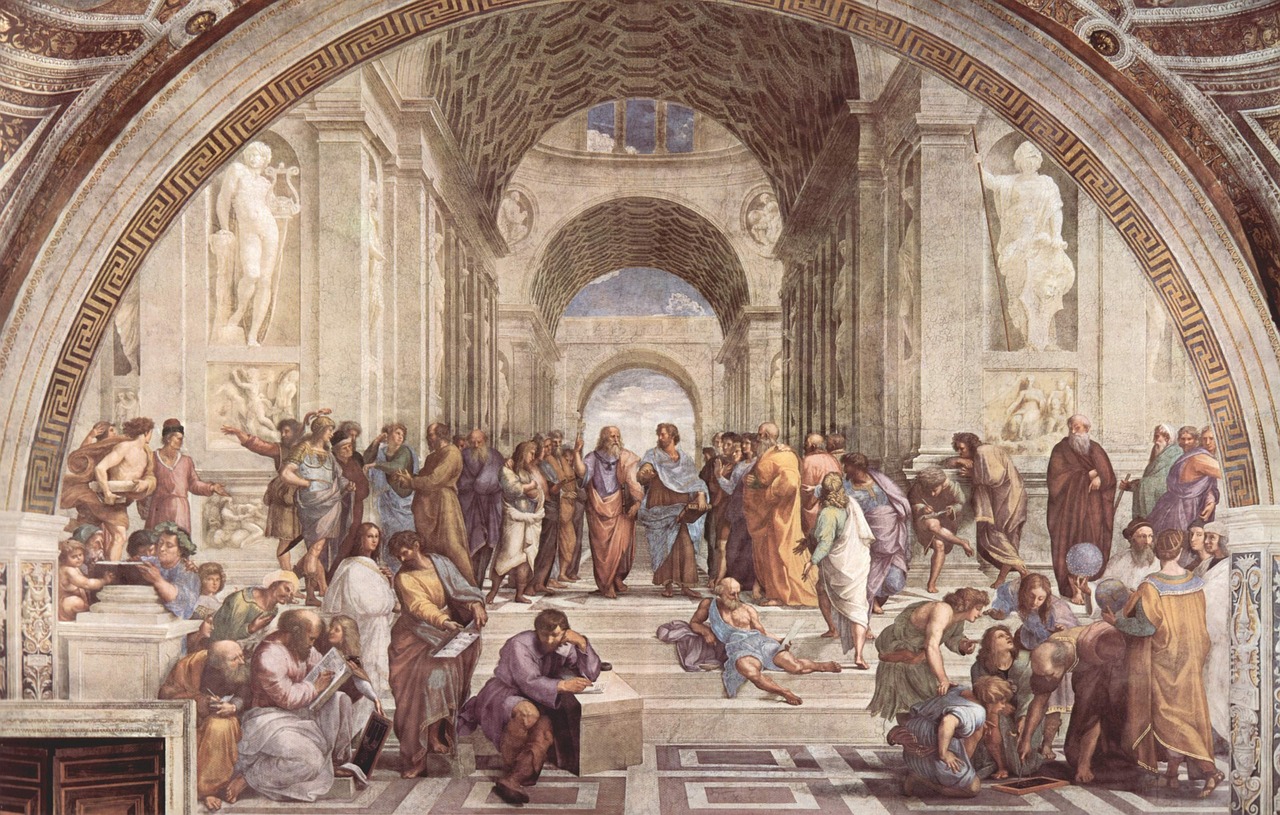
Chapter 2: The Rational Revolution – Aristotle and the Scholastics
As the sun set on ancient Greece, the flame of philosophy found a new home in the works of Aristotle. His emphasis on empirical observation and logic ushered in an era of reason and rationality. The medieval Scholastics, deeply influenced by Aristotle, meticulously blended philosophy with theology, aiming to reconcile faith with reason. This period marked a fascinating interplay between faith and intellect, setting the stage for the great philosophical debates of the Renaissance.
Chapter 3: The Renaissance and the Birth of Modernity – Descartes and Locke
The Renaissance, with its revival of art, culture, and learning, provided fertile ground for the seeds of modern philosophy. René Descartes, often regarded as the father of modern philosophy, dared to question the very existence of reality with his famous statement, “Cogito, ergo sum” (I think, therefore I am). This profound declaration laid the groundwork for the Enlightenment era, where philosophers like John Locke championed the ideas of individual liberty and the social contract. The birth of empiricism and the scientific method heralded a new age of enlightenment, transforming the way humanity perceived the world and itself.
Chapter 4: The Age of Idealism – Kant and Hegel
As the industrial revolution reshaped the world, philosophers grappled with the nature of reality and the human mind. Immanuel Kant, with his Critique of Pure Reason, explored the limits of human knowledge and introduced the concept of transcendental idealism. This era also saw the rise of Georg Wilhelm Friedrich Hegel, whose dialectical method influenced generations of thinkers. Hegel’s concept of historical dialectics proposed that history is a progressive unfolding of human consciousness, laying the groundwork for social and political revolutions that would follow.
Chapter 5: Existentialism and the Absurd – Nietzsche, Kierkegaard, and Camus
The 19th century paved the way for existentialism, a philosophical movement that grappled with the individual’s search for meaning in an indifferent universe. Friedrich Nietzsche proclaimed the death of God, challenging traditional religious beliefs and emphasizing the individual’s responsibility to create their own values. Søren Kierkegaard delved into the depths of human subjectivity, exploring the leap of faith and the nature of authentic existence. In the 20th century, Albert Camus, with his concept of the absurd, confronted the inherent meaninglessness of life, urging individuals to embrace the absurdity and find their own purpose in a universe devoid of inherent meaning.
Chapter 6: Phenomenology and the Postmodern Turn – Husserl, Heidegger, and Derrida
The 20th century witnessed a paradigm shift in philosophy, with phenomenology emerging as a prominent movement. Edmund Husserl explored the structures of consciousness, aiming to understand the essence of human experience. Martin Heidegger delved into the concept of Being, questioning the nature of reality and our place in the world. In the latter half of the century, postmodern thinkers like Jacques Derrida challenged traditional notions of truth and reality, deconstructing language and revealing the intricate web of power and meaning that shapes our perceptions.
Conclusion
And so, our journey through the history of philosophy comes to a momentary pause, although the quest for understanding continues. From the relentless inquiries of Socrates to the existential thoughts of Sartre, each philosopher has left an indelible mark on the canvas of human thought. Philosophy is not a relic of the past; it is the living, breathing force that propels us to question, to reflect, and to evolve. As you sip your coffee and engage in discussions that echo the spirit of these great thinkers, remember that you are part of this ongoing narrative.
In the grand tapestry of existence, philosophy serves as the mirror that reflects our deepest fears, our loftiest aspirations, and our most profound questions. It challenges us to confront the unknown, to embrace uncertainty, and to find meaning in the vast expanse of existence. So, the next time you ponder the complexities of life, remember the philosophers who dared to ask the un-askable and venture into the abyss of the unknown.
As you go about your day, let the echoes of their inquiries resonate within you. Let their curiosity be your guiding star, illuminating your path in this enigmatic journey called life. For in the words of Socrates, “An unexamined life is not worth living.” Embrace the questions, seek the answers, and never cease to explore the boundless realms of human understanding.
In the end, philosophy is not merely an academic pursuit; it is a way of life—a continuous, ever-unfolding adventure that invites us to explore the profound mysteries of existence. So, dear reader, what questions will you ask? What answers will you seek? The journey of philosophy awaits, and the quest for wisdom is a noble endeavor that knows no bounds.
As you close this chapter of our philosophical odyssey, let the spark of curiosity ignite within you. Let the legacy of Socrates, Plato, Aristotle, Descartes, Nietzsche, and countless others inspire you to embark on your own intellectual expedition. The world is a vast, intricate puzzle, and philosophy provides the key to unraveling its mysteries.
With that, I leave you with a challenge—a challenge to question, to ponder, and to explore. Let the spirit of philosophical inquiry be your guiding light, leading you to new horizons of understanding and enlightenment. The journey is yours to undertake, and the possibilities are limitless.
So, go forth, dear reader, and may your philosophical adventures be as enriching and transformative as the countless minds that have shaped the course of human thought. Remember, the pursuit of wisdom is a never-ending voyage—one that promises discovery, enlightenment, and above all, a deeper understanding of the profound tapestry of existence.
Bon voyage on your philosophical journey, and may you find the answers you seek amid the endless expanse of questions that define the human experience. Safe travels, fellow explorer of the mind, and may your quest for knowledge be forever boundless.
For more posts on Philosophy, visit: Philosophy Posts.
For more content, visit: History of Philosophy on Wikipedia.
